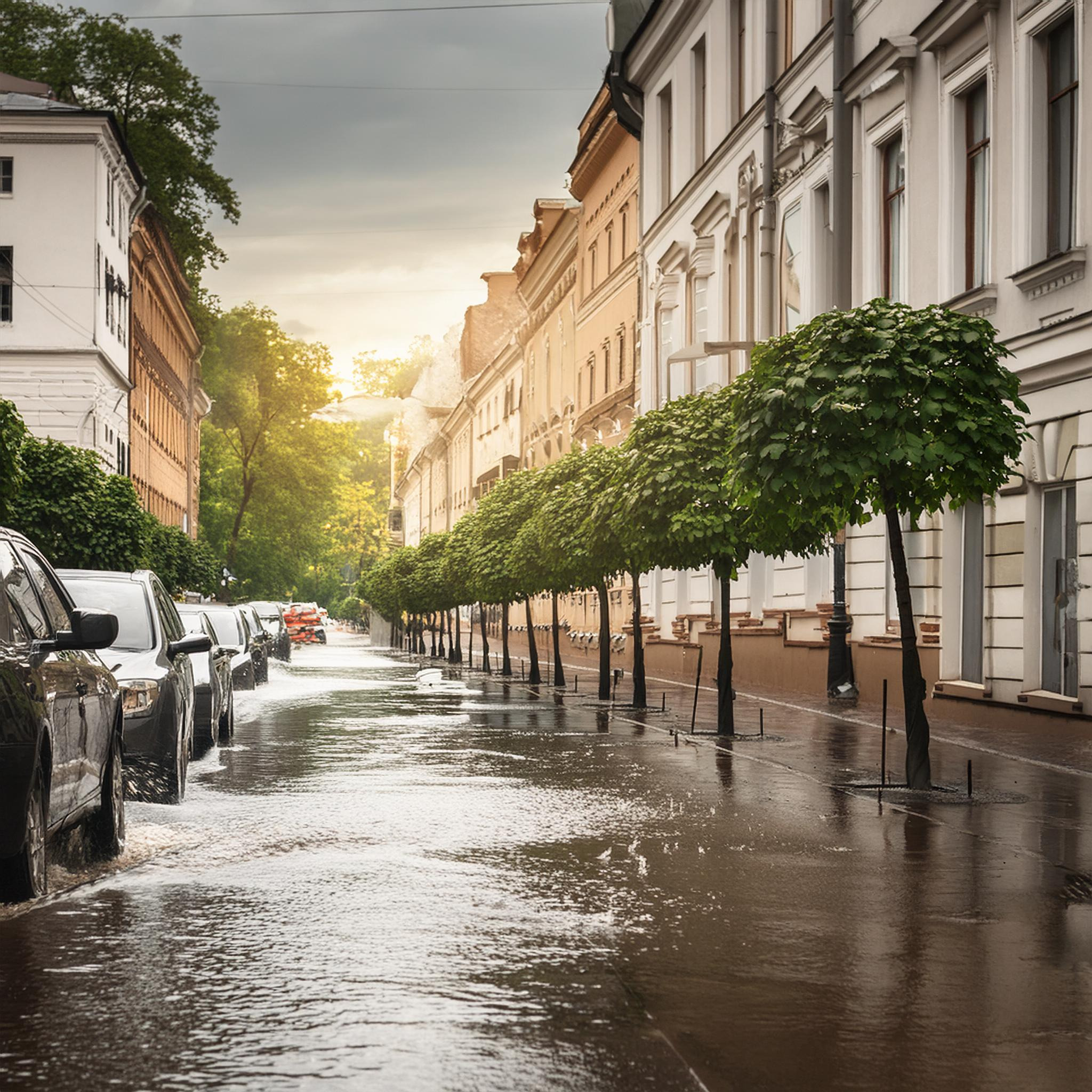Rainwater Harvesting: A Sustainable Solution to Global Water Crises

In the context of escalating global extreme weather events and the increasing prevalence of heatwaves, the importance of sustainable water management practices such as rainwater harvesting has become more pronounced. This article will delve into the potential of rainwater harvesting as a mitigating strategy for these climatic challenges, explore the innovative concept of sponge cities, and underscore the importance of advocating for rainwater harvesting.
The Escalation of Global Extreme Weather Phenomena
The world has been witnessing an alarming increase in extreme weather events. For instance, in Switzerland, heavy rains led to severe flooding and landslides in June. In the first 11 days of September 2023, eight devastating flooding events unfolded on four continents. In South Asia, massive floods affected millions across India, Nepal, and Bangladesh. In Italy, more than 20 rivers burst their banks, leaving 13 people dead and forcing thousands from their homes after six months’ rainfall fell in a day and a half. These events, intensified by climate change, underscore the pressing need for sustainable water management strategies.
Rainwater Harvesting: A Sustainable Response to Water Management Challenges
Rainwater harvesting, a practice with ancient roots, is experiencing a resurgence as a sustainable response to contemporary water management challenges. This technique involves the collection and storage of rainwater for later use, typically from rooftops and other impervious surfaces.
Rainwater harvesting can alleviate the pressure on municipal water supplies, particularly in regions where water scarcity is a growing concern. This practice provides a supplementary water source during periods of drought and contributes to the replenishment of groundwater levels, a crucial aspect of maintaining ecological balance.
The Role of Rainwater Harvesting in Times of Great Heat
During periods of intense heat, rainwater harvesting proves to be particularly beneficial. It helps utilities reduce peak demands during summer months, saving treated water for more important and appropriate water uses. Moreover, it provides an alternative water source during droughts and fosters environmental awareness. In the face of increasing heatwaves, having your own rainwater supply is a significant advantage.
Sponge Cities: An Innovative Approach to Urban Flooding
The concept of sponge cities is emerging as a promising solution to urban flooding. Sponge cities are urban areas designed to absorb rainwater and prevent flooding through the integration of natural elements such as trees, lakes, and parks, or through innovative design.
Sponge cities work in harmony with nature to absorb heavy rainfall, reducing reliance on traditional grey infrastructure like pipes and pumps. The effectiveness of a city’s 'sponginess’ is influenced by the balance between blue (water bodies), green (vegetation), and grey (built structures) infrastructure.
The Imperative of Advocating for Rainwater Harvesting
Rainwater harvesting offers a multitude of benefits. It conserves water, reduces demand on municipal water supply, lowers water bills, mitigates the impact of stormwater runoff, promotes sustainable water management, provides an alternative water source during droughts, and fosters environmental awareness.
Furthermore, rainwater harvesting can decrease stormwater runoff from a property, thereby reducing contamination of surface water with pollutants such as pesticides, sediment, metals, and fertilizers. By reducing stormwater runoff, rainwater harvesting can decrease the peak flow volume and velocity in local water bodies, thereby reducing the potential for erosion.
Conclusion
As we grapple with the escalating challenges of climate change and water scarcity, it is evident that sustainable water management practices like rainwater harvesting and the development of sponge cities are not merely beneficial, but essential. By advocating for and implementing these practices, we can contribute to a sustainable and resilient future for all.